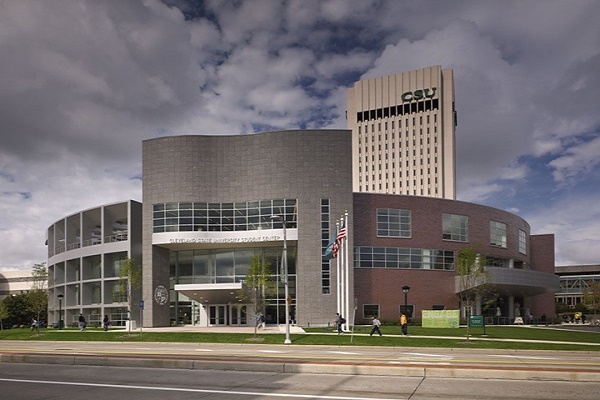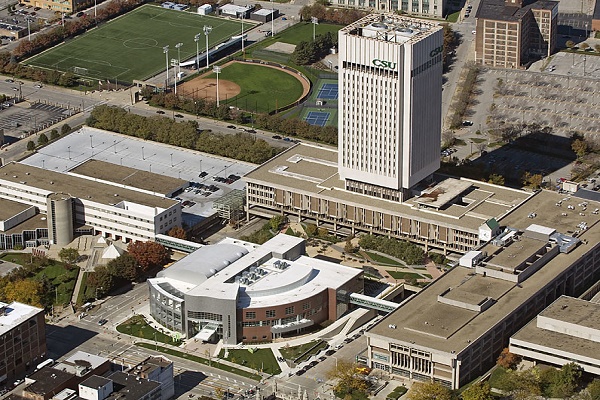| Class 12th | No specific cutoff mentioned
|
|---|
| Bachelors | 3.0 GPA
- Applicants must have a baccalaureate degree in engineering or science with a cumulative GPA of 3.0 on a 4.0 scale or equivalent
- Transition courses prepare incoming students, who do not have a background in engineering, for the graduate program. The requirements are presented below. Courses previously completed—and to some extent, the applicant’s professional experience—are compared to the content of the transition courses. Based on an evaluation of the applicant’s academic and professional background, the specific courses required to satisfy the Transition curriculum are determined. Transition courses do not count toward the degree
- A non-degree graduate student may take up to three courses in the MS program, provided that all prerequisites are satisfied while taking the Transition courses
- Transition Curriculum Science Requirements
- One year of chemistry
- One year of physics
- Mathematics Requirements
- One year of calculus
- Statistics
- Differential equations
- Linear algebra
- Engineering Requirements
- Statics
- Fluid mechanics & Thermodynamics
- Hydraulics
|
|---|
| Exams | TOEFL: 78
- with at least 20 in reading, 21 in listening, 17 in writing, and 20 in speaking
IELTS: 6
- with at least 5.0 in each section
PTE: 50
|
|---|
| Additional info |
- GRE Test Scores
- The GRE General section is required if one or more of the following conditions is true:
- The undergraduate degree was not in environmental, civil, or chemical engineering
- The undergraduate degree was awarded by a college or university outside of the United States, or by a Canadian institution not accredited by the Canadian Engineering Accreditation Board of the Canadian Council of Professional Engineers
- An unaccredited college or university awarded an undergraduate degree
- The student's undergraduate cumulative grade-point average is below 2.75
- The year of the baccalaureate degree precedes the date of application to the College of Graduate Studies by more than six years; however, in this case, the examination requirement may be waived, with program approval, if the applicant's undergraduate grade-point average is 3.0 or above
- If the GRE is required, the admission decision is based on the applicant's performance on the quantitative section of the GRE along with the undergraduate grade-point average. A minimum of the 50th percentile on the GRE quantitative is required, but this minimum score does not guarantee admission
|
|---|














